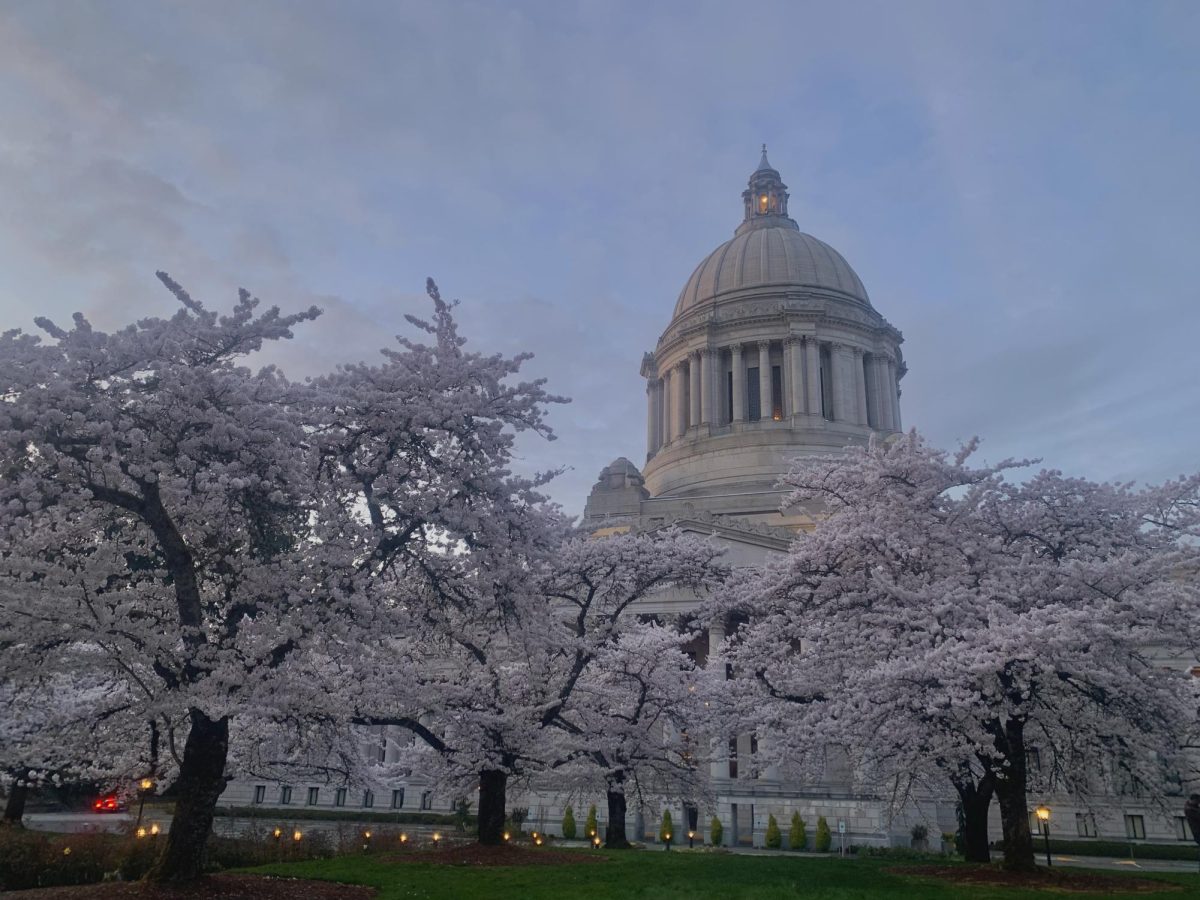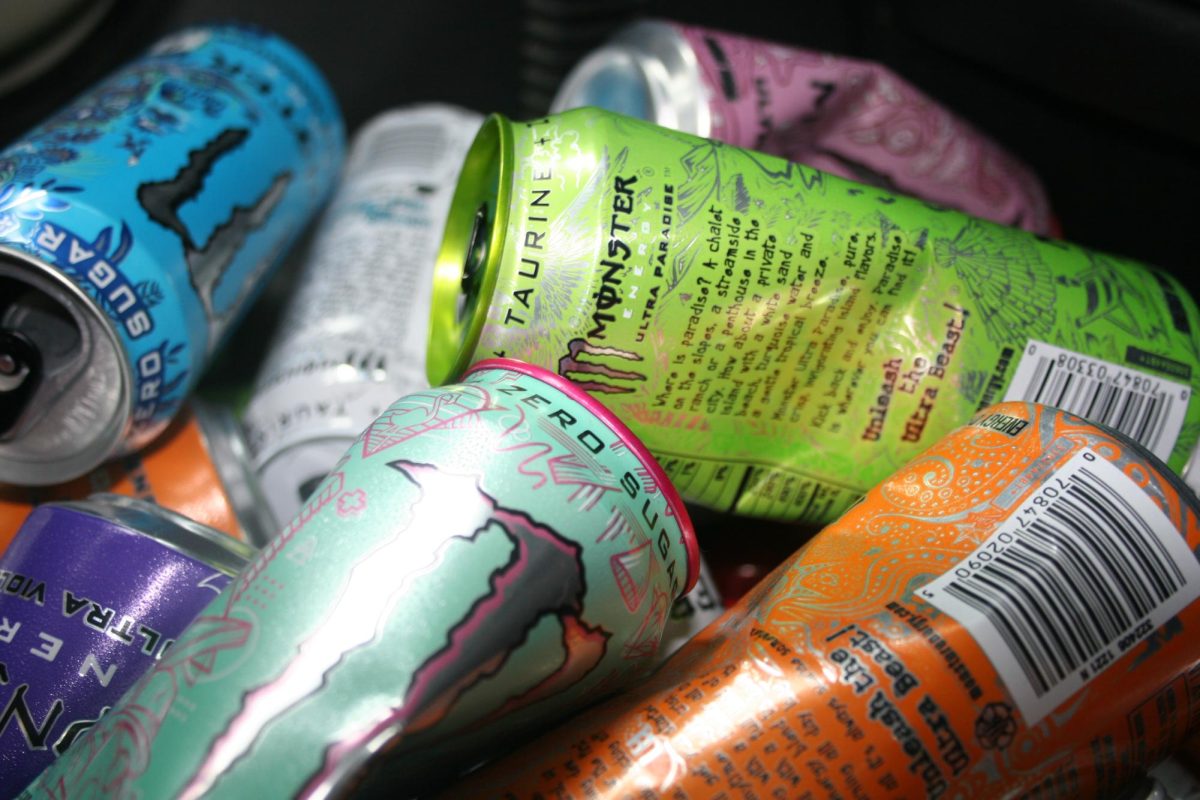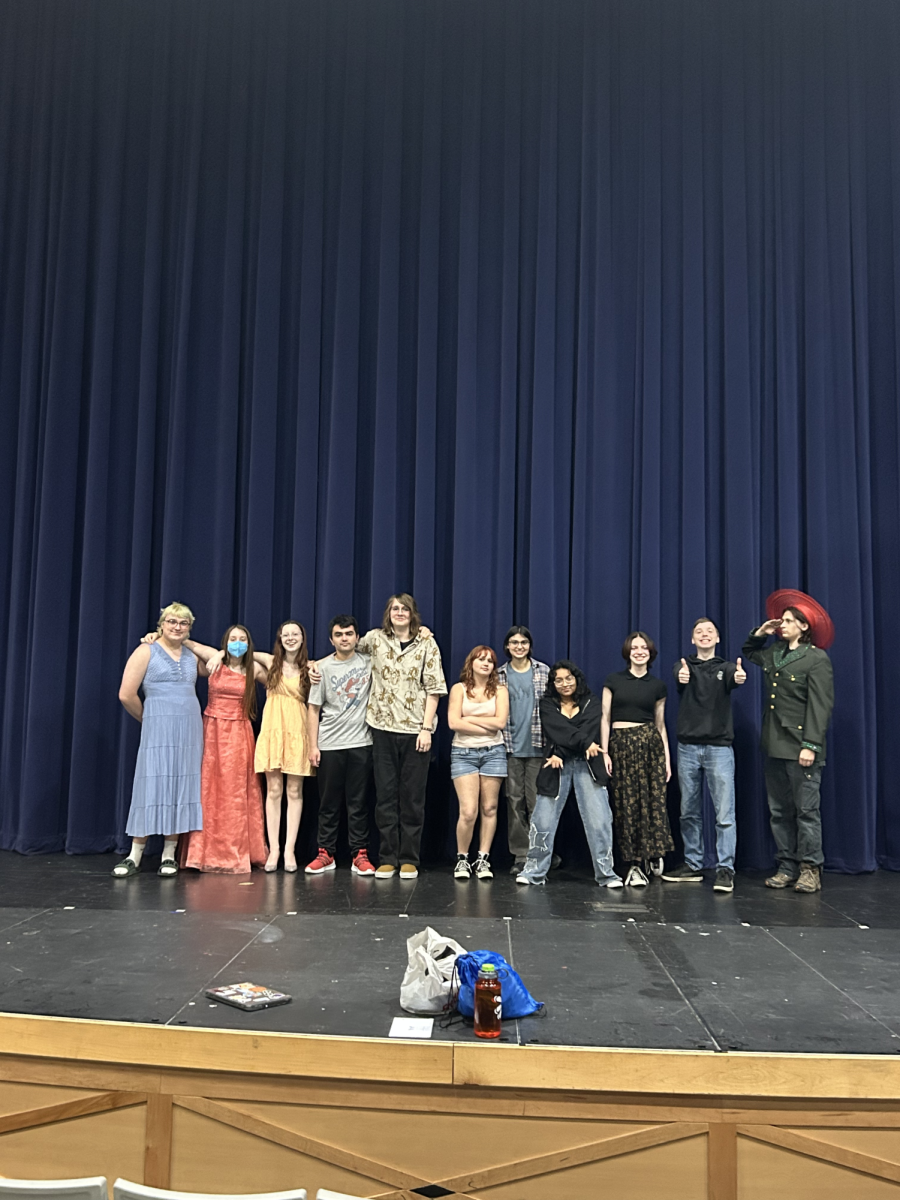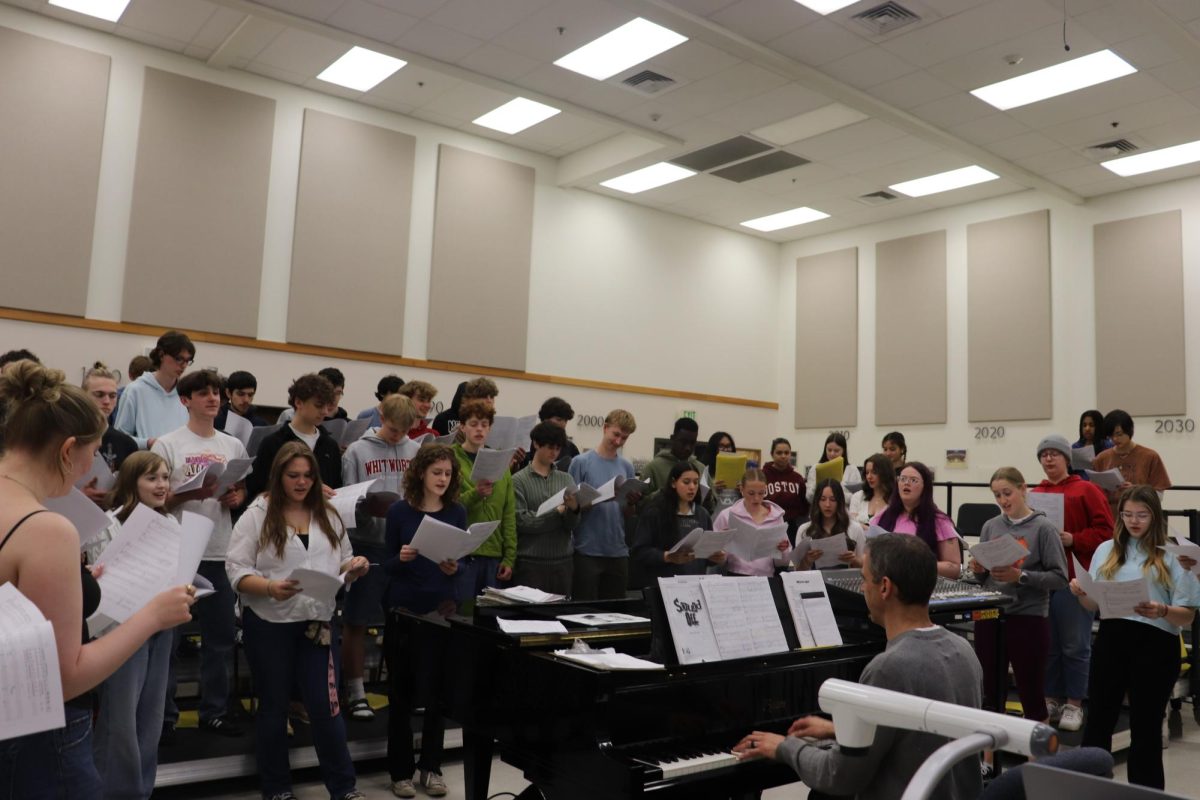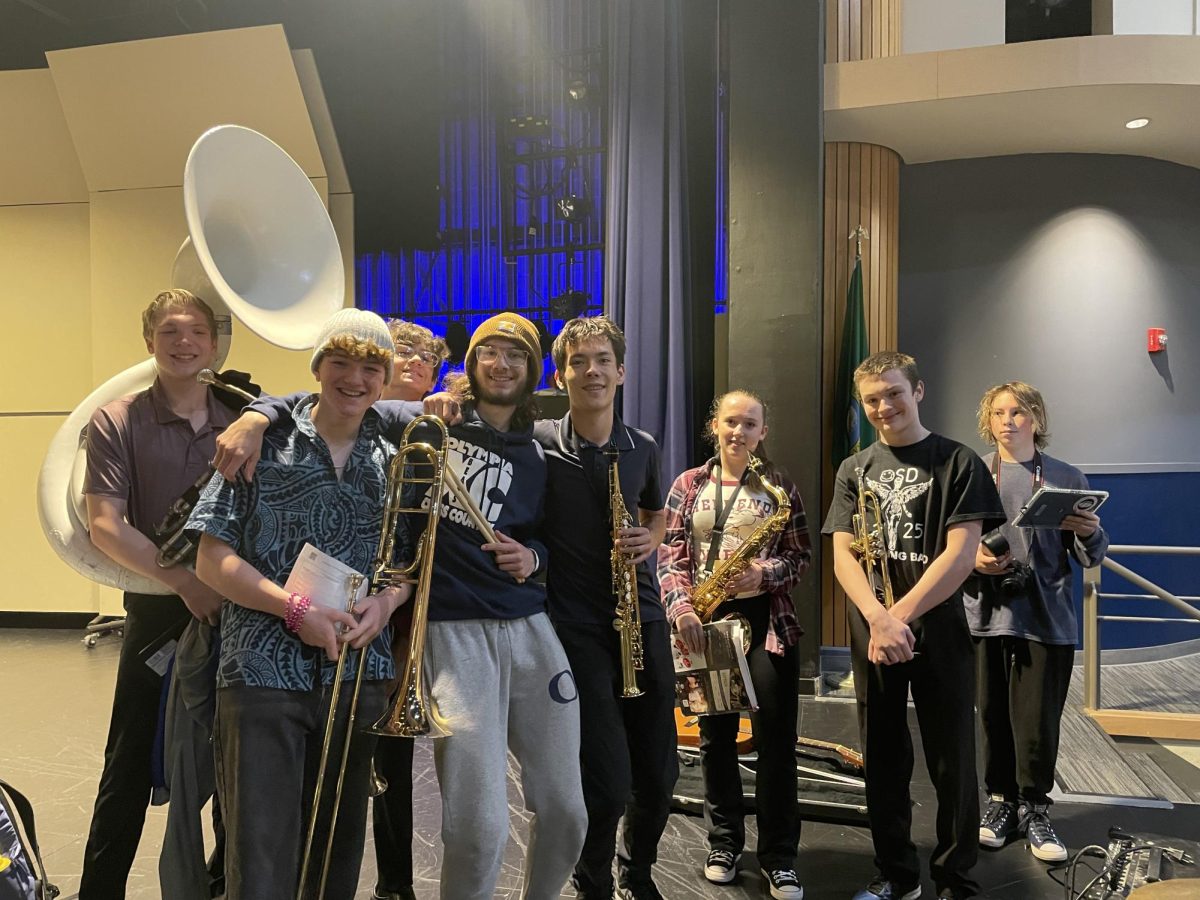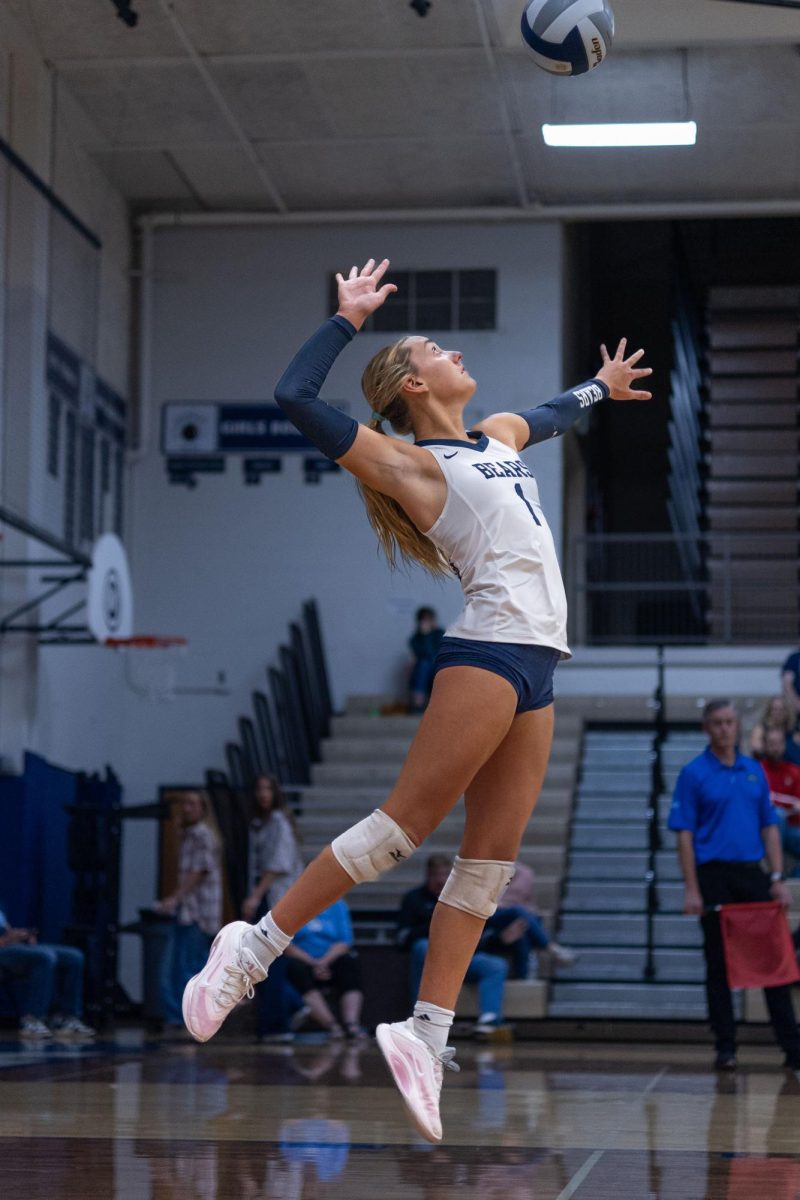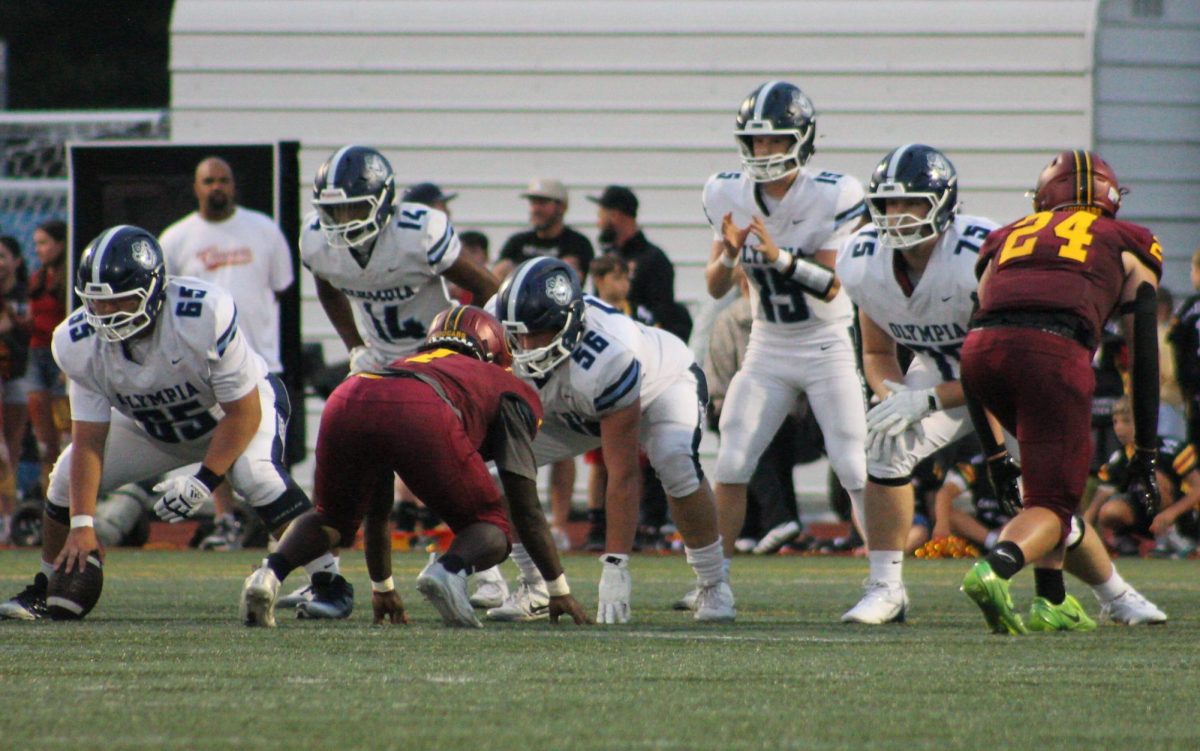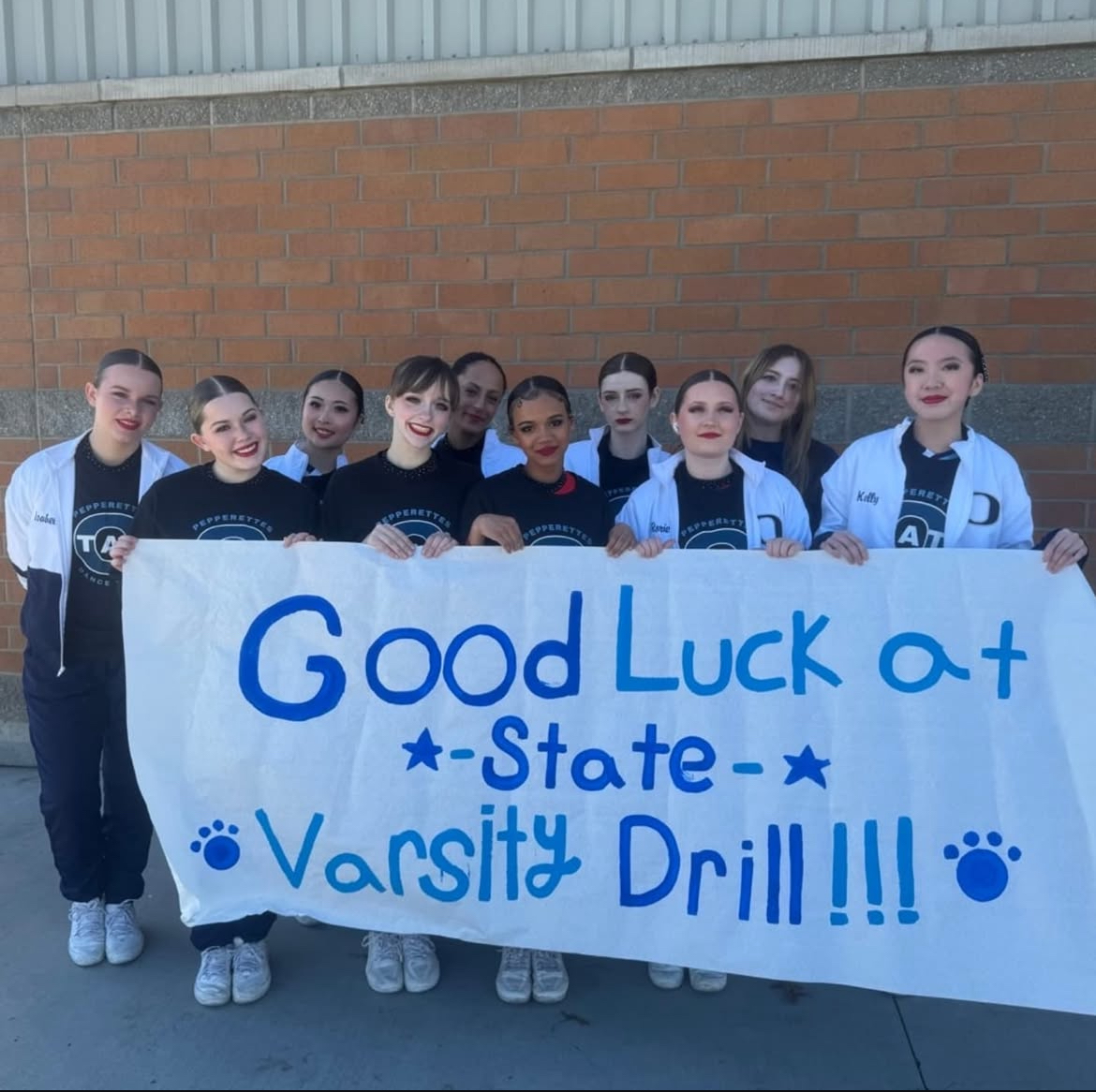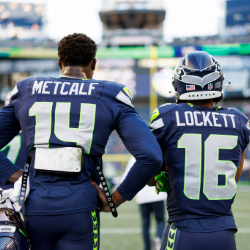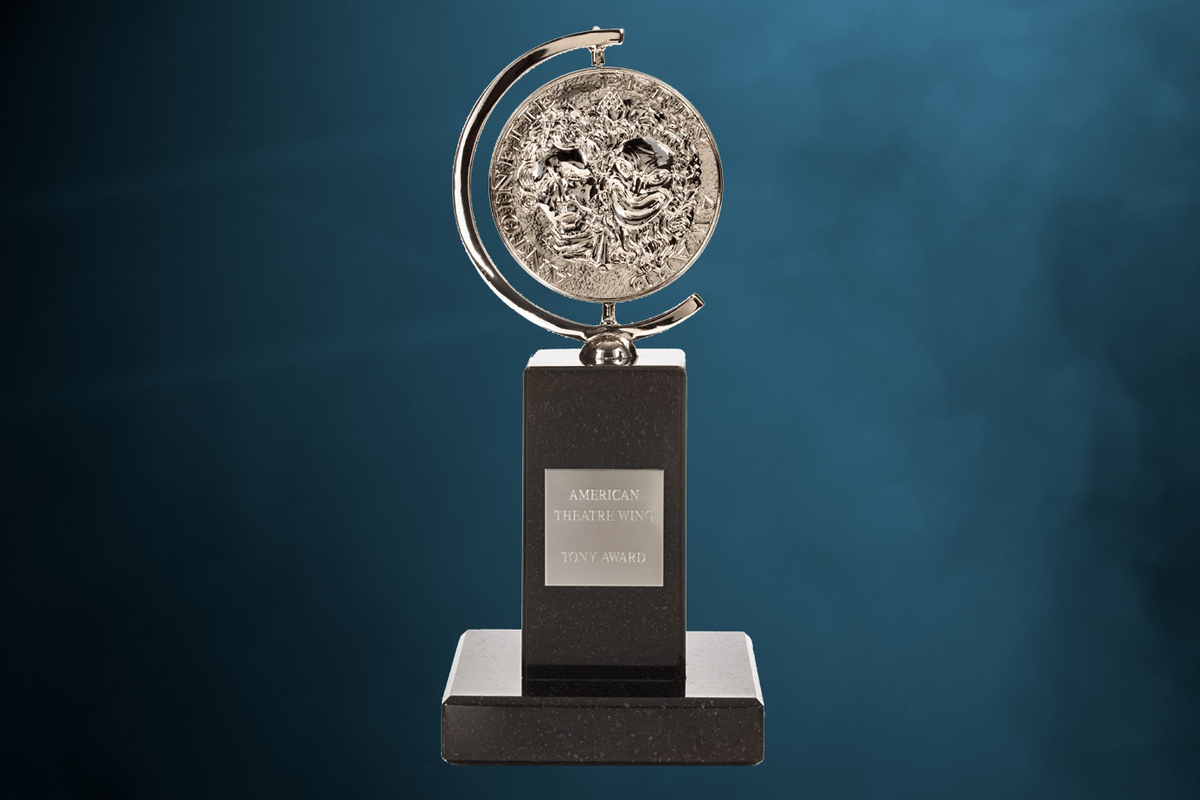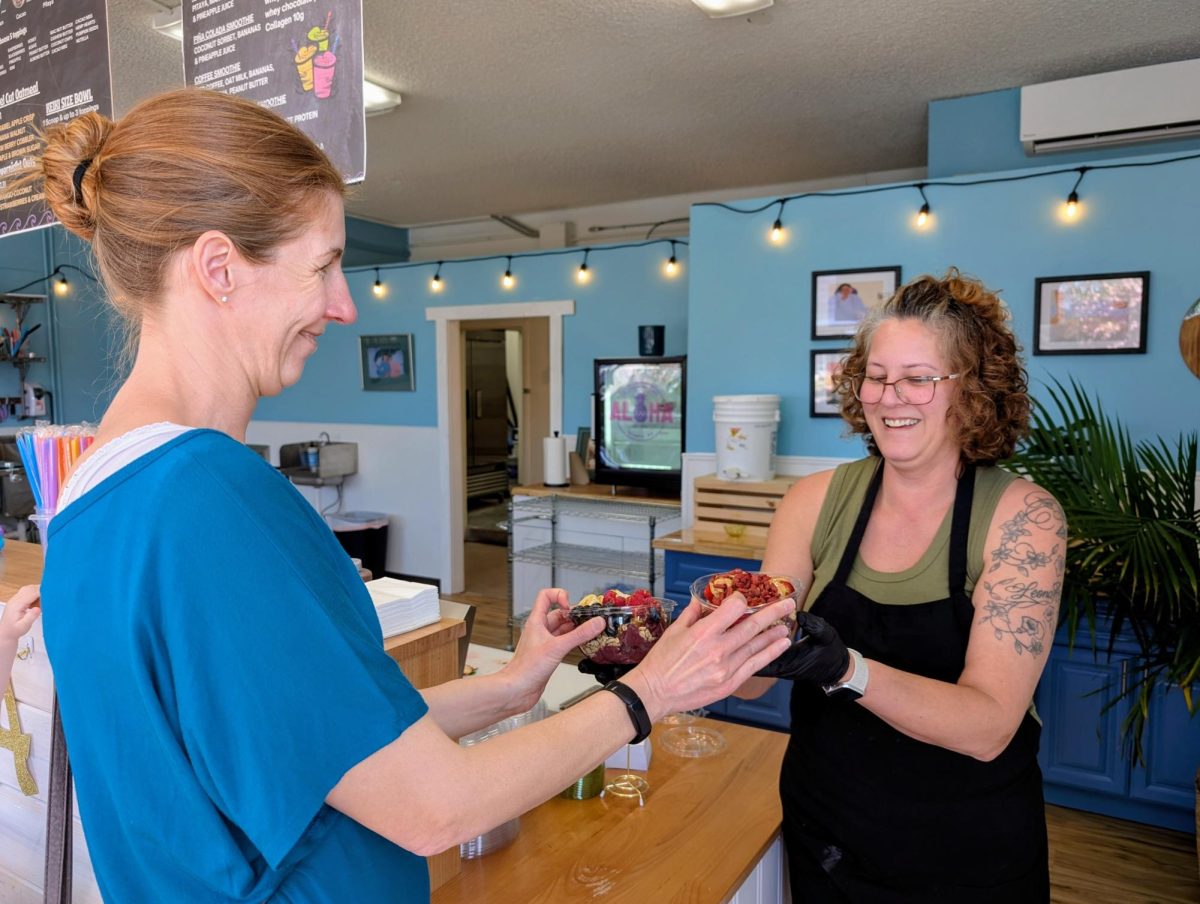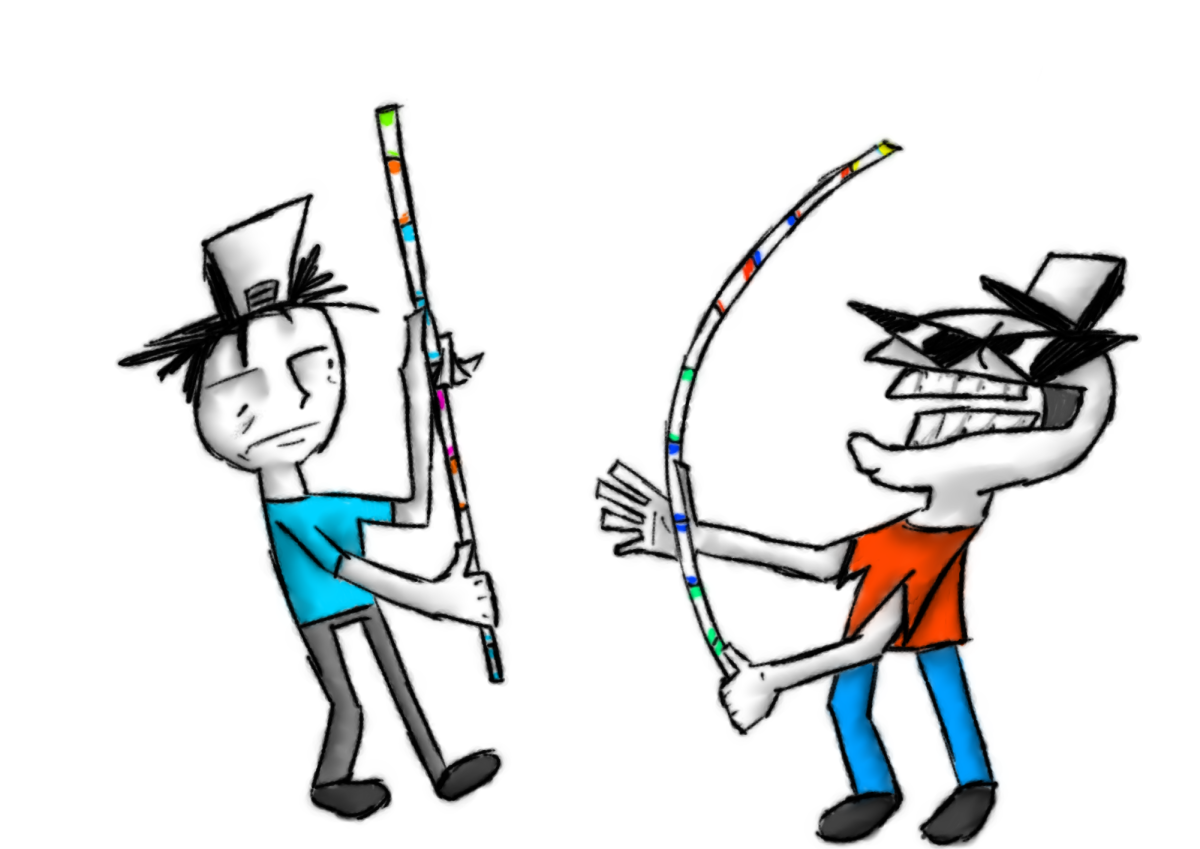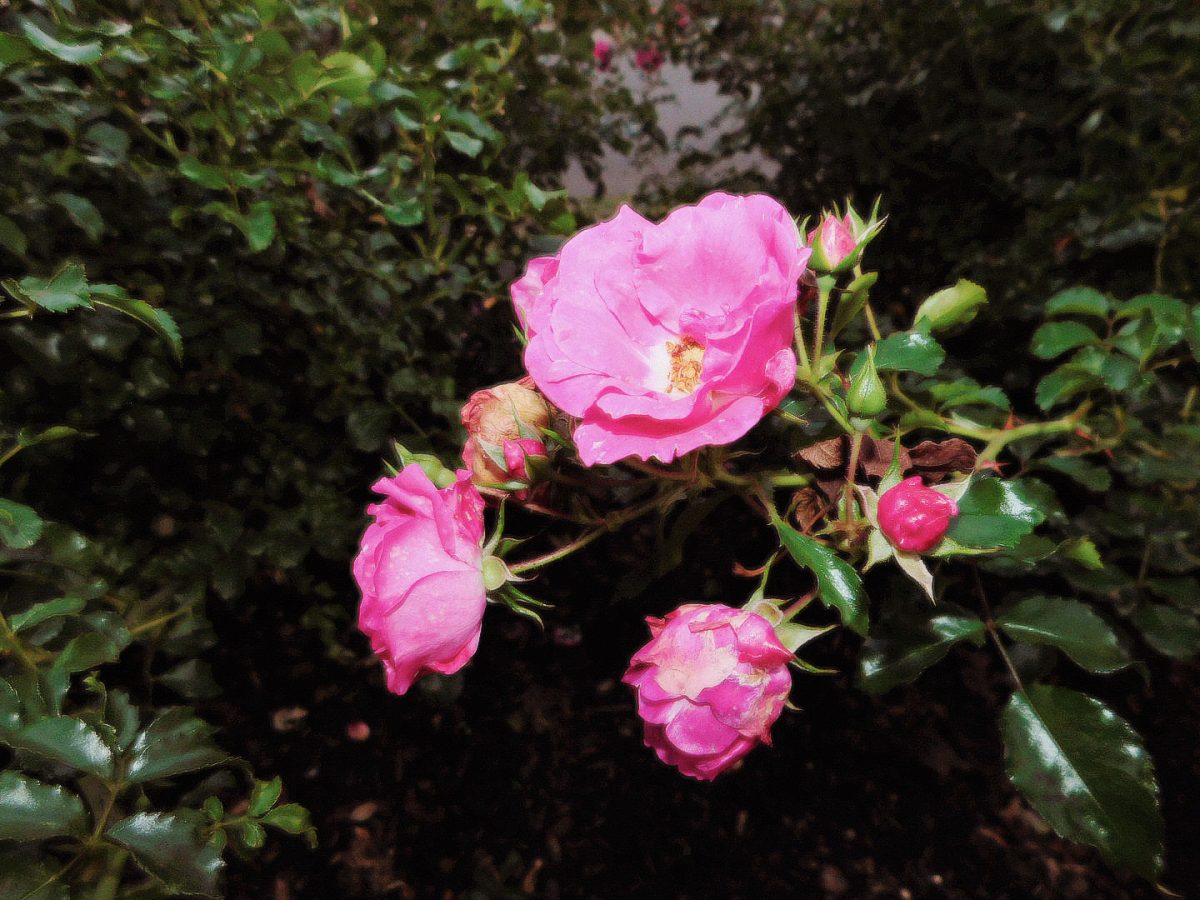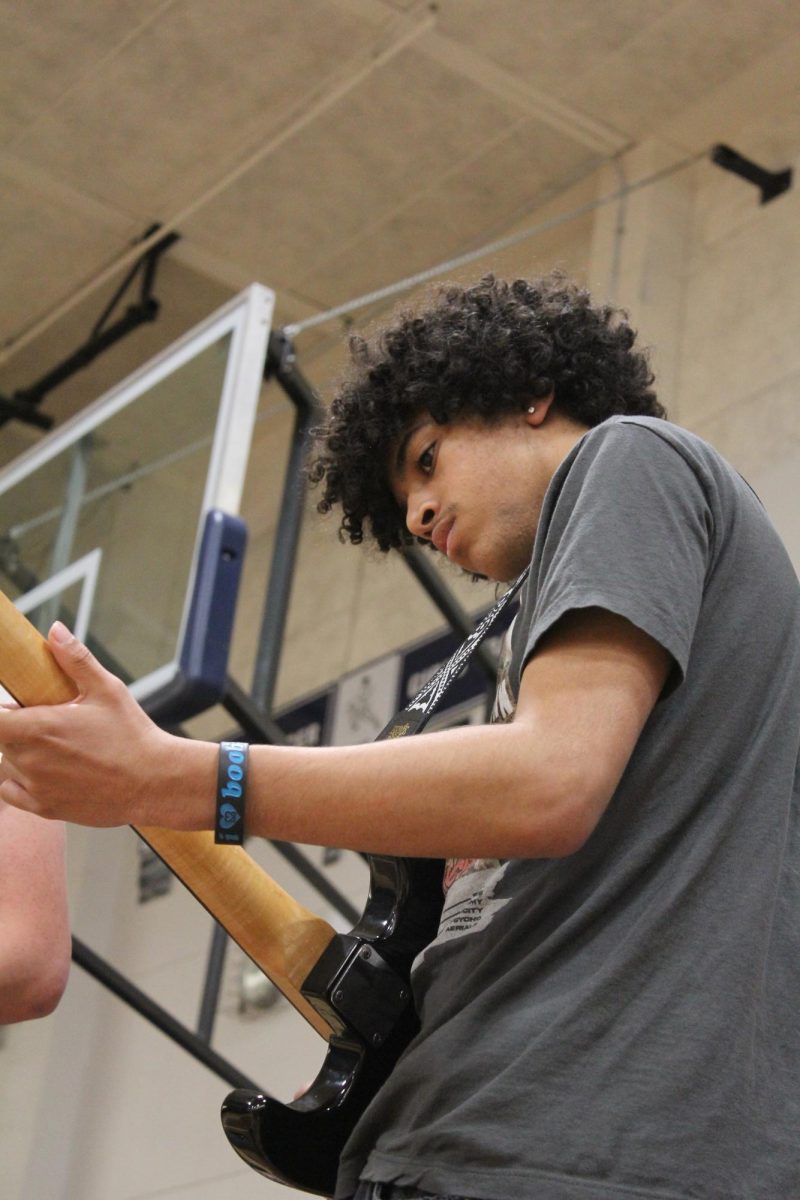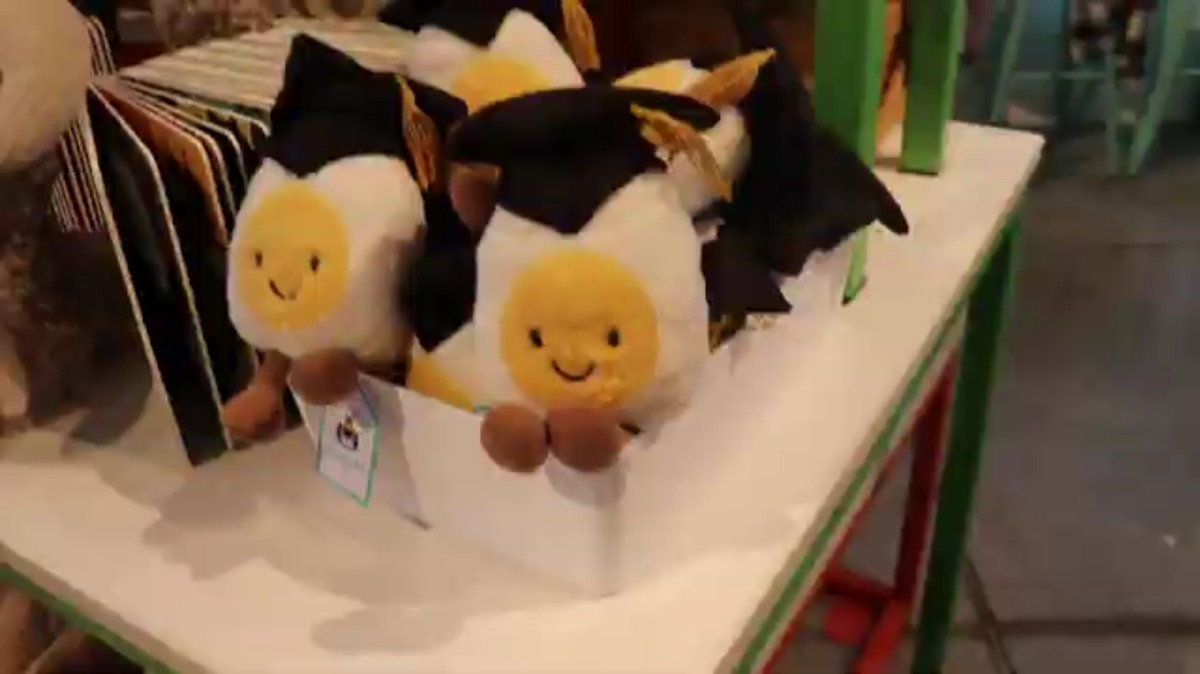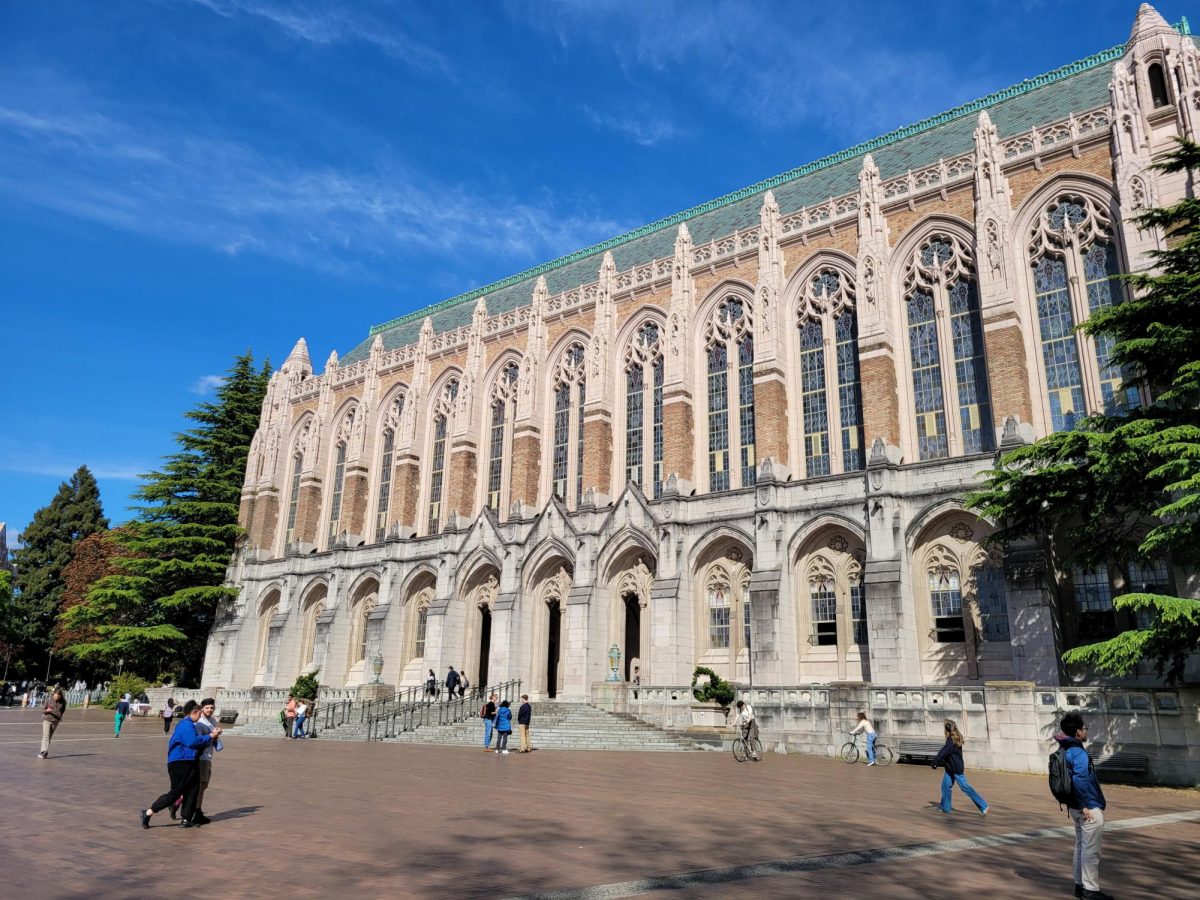7,000. That is the number of students who were waitlisted by the University of Washington last year–and around the number of freshmen enrolled in the UW.
To dive deeper into this sudden decrease in admitted students to the UW, it’s important to look at some numbers. 7,815 students were placed on the waitlist last year, and 4,000 students accepted a place on the waitlist. That is more than 50% of students! The number of waitlisted and rejected students is increasing as the number of admitted students decreases.
Admissions is a multi-faceted process, and there are multiple reasons why a student wouldn’t be offered admission to a university. However, Jennifer Boelts, Olympia High School’s College and Career Readiness Counselor, noticed a few common trends among those not admitted to the UW.
According to Boelts, the most crucial part of the UW application is the essay, which students often overlook. When writing a college essay, it’s critical to understand the admissions officer’s perspective. There is only so much they are familiar with. Acronyms and terms that may seem common to one may not be so common to a third party. It’s also important for multiple eyes to review the application before submitting it.
Boelts recommended juniors begin their essays now, “Start looking at the Common App prompts and writing your personal statement.”
Senior Ren Roesler, who will be studying chemical engineering at the University of Washington, reiterated the importance of the essay: “People overlook the essay the most. You really want to take your time with them, so don’t just write random stuff. Take your time and have people proofread them.”
Alongside essays, UW strongly considers academics and extracurricular activities. “Take a lot of AP and College in the High School classes… they’re so much cheaper than courses on campus. And they make you look good as a student! They tell the college that you’re prepared for college-level coursework,” Roesler noted.
Extracurricular and club involvement, especially with leadership roles, significantly boost applications. As Roesler stated, “Anything that makes you stand out–extracurriculars, activities, sports, clubs–will help.”
Boelts emphasized the importance of having an impressive extracurricular portfolio and accurately reporting that portfolio in the Activities section of the Common App. She mentioned that students often write vague activity descriptions and misunderstand how to rank the activities. “To confidently speak about who you are, what you have done, and what you have accomplished in life is the most valuable thing you can have in your toolbox.”
Boelts also stressed the fatal consequences of procrastination–not just regarding essays, but also education sections. She suggested that students get their transcripts towards the beginning of the school year and learn how to enter them into the UW application. The latter can take multiple days.
Boelts explained, “It does not take one night to finish all this stuff. Many students think, ‘It’s due tomorrow, so I’ll just do it tonight.’ And that’s exactly how people didn’t get in–they waited until the last minute.”
“Colleges around the country are subsequently becoming more competitive as time passes. It’s like a trickle-down ladder, and it’s not just UW,” Roesler comments.
But there is hope. Most OHS applicants get into the UW. Keeping up with schools, engaging in extracurriculars, and starting the application process early will help students climb up against the metaphorical ladder.





